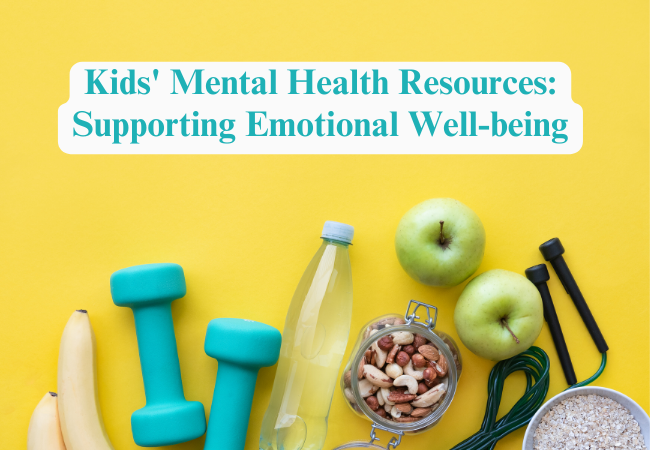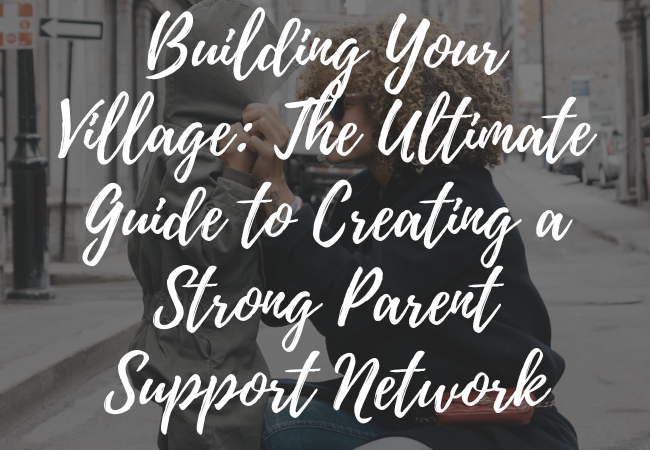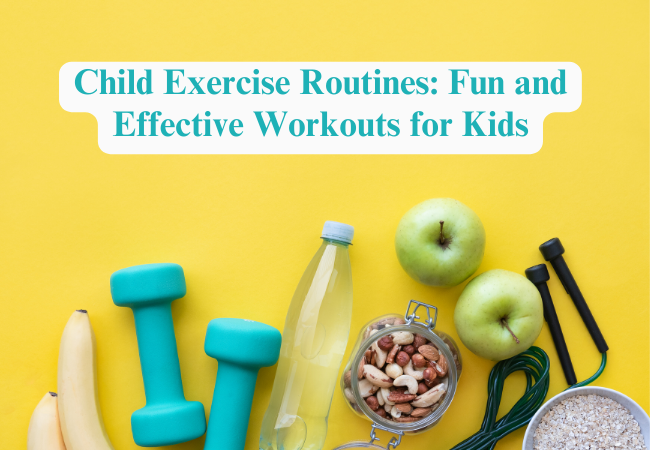Kids’ Mental Health Resources: Supporting Emotional Well-being
Discover valuable kids’ mental health resources. Learn how to support your child’s emotional well-being with practical tips, professional guidance and helpful tools.
In today’s fast-paced world, supporting our kids’ mental health is more important than ever. As parents, caregivers and educators, we play a crucial role in nurturing the emotional well-being of the young ones in our lives. This guide will provide you with valuable resources, practical tips and professional guidance to help support your child’s mental health.
Understanding Children’s Mental Health

Before we dive into specific resources, let’s briefly discuss what we mean by children’s mental health:
Children’s mental health refers to their overall emotional, psychological, and social well-being. It affects how they think, feel and act, and it also influences how they handle stress, relate to others and make choices.
Signs That a Child Might Need Support
It’s important to recognize when a child might be struggling with their mental health. Some signs to watch for include:
- Persistent sadness or withdrawal
- Severe mood swings
- Intense worries or fears
- Drastic changes in behavior or personality
- Difficulty concentrating
- Unexplained physical symptoms
- Self-harm or talking about self-harm
If you notice these signs, it’s crucial to seek professional help. Now, let’s explore some valuable resources to support children’s mental health.
Online Resources for Parents and Caregivers
1. National Institute of Mental Health (NIMH)
The NIMH provides a wealth of information on children’s mental health, including fact sheets, statistics and research updates.
Visit NIMH Children and Mental Health Page
2. Child Mind Institute
This organization offers a variety of resources, including symptom checkers, guides for parents and articles on various mental health topics.
Explore Child Mind Institute Resources
3. American Academy of Child & Adolescent Psychiatry (AACAP)
AACAP provides fact sheets and resources for families on various mental health conditions and treatments.
Apps and Tools for Children
1. Calm
This meditation and relaxation app has a section specifically for kids, featuring sleep stories and guided meditations.
2. Smiling Mind
A free mindfulness app developed by psychologists and educators to help bring balance to young lives.
3. Breathe, Think, Do with Sesame
This app teaches young children problem-solving skills, self-control and task persistence.
[Find Breathe, Think, Do with Sesame on App Stores]
Books on Children’s Mental Health
- “The Whole-Brain Child” by Daniel J. Siegel and Tina Payne Bryson
- “What to Do When You Worry Too Much” by Dawn Huebner
- “The Anxiety Workbook for Kids” by Robin Alter and Crystal Clarke
Professional Help and Therapy Options
1. School Counselors
Many schools have counselors who can provide support and resources for children struggling with mental health issues.
2. Child Psychologists and Therapists
These professionals specialize in working with children and can provide targeted support for specific mental health concerns.
3. Teletherapy Services
Online therapy platforms like BetterHelp and Talkspace offer counseling services for children and teens.
Practical Tips for Supporting Your Child’s Mental Health
- Create a safe, open environment: Encourage your child to express their feelings freely.
- Practice active listening: Give your full attention when your child is speaking and validate their feelings.
- Establish routines: Consistent routines can provide a sense of security and stability.
- Promote physical health: Ensure your child gets enough sleep, exercise and a balanced diet.
- Limit screen time: Excessive screen use can negatively impact mental health. Set healthy boundaries.
- Teach coping skills: Help your child develop strategies to manage stress and anxiety.
- Model good mental health habits: Children often learn by example. Take care of your own mental health.
Crisis Resources
If you’re concerned about your child’s immediate safety:
- National Suicide Prevention Lifeline: 1-800-273-8255
- Crisis Text Line: Text HOME to 741741
Conclusion
Supporting your child’s mental health is an ongoing process that requires patience, understanding and sometimes professional help. Remember, seeking help is a sign of strength, not weakness. By utilizing these resources and implementing supportive strategies, you can play a crucial role in nurturing your child’s emotional well-being.
Every child is unique and what works for one may not work for another. Don’t hesitate to explore different resources and approaches to find what best suits your child’s needs. With the right support, children can develop resilience, emotional intelligence and the coping skills they need to navigate life’s challenges.
Learn more about promoting children’s mental health
Discover strategies for building resilience in children
Remember, you’re not alone in this journey. There are many resources and professionals ready to support you and your child. By prioritizing mental health early on, we can help our children build a strong foundation for a happy, healthy future.
For more information and guide, visit usaparentingtips.com






